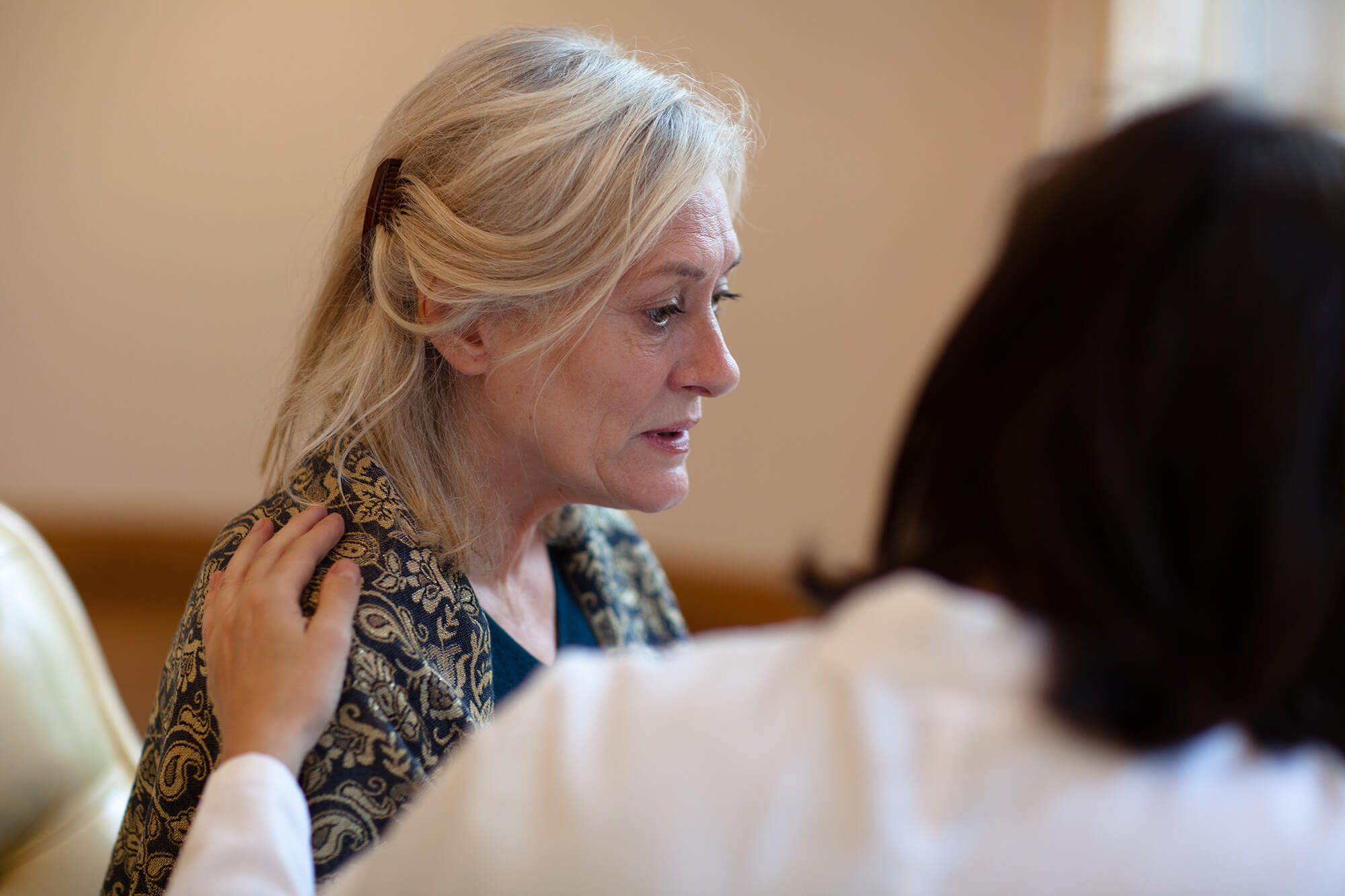The risk and prevalence of dementia and cancer climb with advancing age during late adulthood, increasing the likelihood that elderly patients will experience both diseases simultaneously, complicating informed consent, treatment decision making, and compliance.1-3 Yet expertise in cancer care and dementia care remain largely separate, clinically siloed in different departments.
An umbrella term for distinct progressive brain disorders that cause worsening cognitive decline, impaired judgment, and changes in personality, dementia is associated with increasingly significant memory lapses, declining communication skills and difficulty living and making decisions independently.4,5 Common types of dementia include Alzheimer disease, Lewy body dementia (seen with Alzheimer and Parkinson diseases), frontotemporal dementia, and vascular dementia.4 (Lewy bodies are accumulations of alpha-synuclein protein in the brain.)
Nearly 1 in 5 patients with cancer (19.7%) also have dementia, overall, according to a recent study in Germany.6 Although a stronger association was found with dementia among patients with lung cancer, the researchers reported significantly elevated rates of dementia among patients across all examined cancer types, including skin, gastrointestinal, breast, genitourinary, and hematologic malignancies.6 A study in New York showed that hospitalizations of patients with both dementia and cancer increased significantly between 2007 and 2017 — a trend that is expected to continue during the coming decade.7
A Complex Comorbidity
There have been recent calls for integrated, evidence-based treatment guidelines that harmonize cancer and dementia care, and for longer or additional appointments for cancer care decision making when patients have dementia.1,2
The biologic and epidemiologic connections between dementia and cancer risk are a complex and contested terrain.8,9 Early studies suggested that patients with cancer might be less likely to suffer dementia than the elderly population in general, but more recent research suggests the opposite.6,8,9
Elderly patients with both cancer and dementia have higher mortality rates than those with only one or the other, likely in part because of a higher average number of comorbidities.5 Patients with dementia also undergo curative-intent cancer radiotherapy, chemotherapy, or surgery less frequently.1,10 Clinical decision making for patients with dementia tends to emphasize quality of life and reduced risk of adverse treatment effects, rather than cure, because dementia precludes long-term survival in most cases, and cancer treatment can involve painful and quality of life-degrading side effects.1 In one 2019 study of patients with dementia, researchers noted that radiotherapy “often represents a more optimal therapy in patients with dementia, as surgery and chemotherapy may be contraindicated.”11
Advanced cancer and advanced dementia are both associated with cachexia, a dangerous muscle wasting and weight loss condition, but the extent to which the underlying metabolic dysfunctions interact to increase risk or mortality remains unknown.12 Cancer treatment is also frequently associated with cognitive effects (“chemo-brain” and contested evidence that androgen deprivation therapy is associated with dementia).
